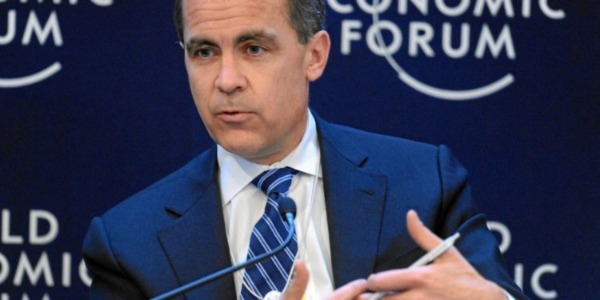World leaders in finance, banking and food systems have welcomed the first economic framework for biodiversity, calling for an urgent global adoption of the report’s findings. It means dramatically changing the way economists account for biodiversity.
Led by Professor Sir Partha Dasgupta, the Economics of Biodiversity Review urges economists away from focussing on gross domestic product (GDP), instead measuring success according to inclusive wealth, which measures human capital, produced capital, and natural capital. It was commissioned by the UK Treasury.
The review says between 1992 and 2014, the efficiency with which humans transformed natural capital into GDP grew by about 3.5 per cent a year. To stop natural capital declining by 2030, while maintaining current growth trends, this efficiency needs to grow to 10 per cent a year.
The review’s supporters include Andrew Bailey, Governor, Bank of England; Jean-Laurent Bonnafé, Director and Chief Executive, BNP Paribas; Sir Ian Cheshire, former Chair, Barclays UK; Dominic Christian, Global Chair of Reinsurance Solutions, Aon and Chair of ClimateWise; Mauricio Claver-Carone, President, Inter-American Development Bank; Angela Darlington, Chief Executive, UK Life, Aviva Plc; Emmanuel Faber, Chief Executive, Danone; Kristalina Georgieva, Managing Director, International Monetary Fund; and Ralph Hamers, Chief Executive, UBS Group.
Henry Dimbleby who leads the UK’s National Food Strategy, said, “Dasgupta reveals how our institutions been actively complicit in our assault on nature.
“Globally, $500 billion-worth of government subsidies are spent on intensive farming that destroys nature. These incentives are estimated to cause $4 to $6 trillion of environmental damage every year.
“The financial sector’s decisions do not reflect today’s reality”
“By contrast, governments around the world spend just $68 billion on programmes to restore nature.
“Dasgupta shows that we must slough off our fetishisation of GDP and focus instead on measuring and increasing the combined total of our natural, human, and produced capital.
“If we are to avert disaster, we must reduce our consumption, use what we have more efficiently and actively rebuild our natural capital.”
Andrew Bailey, Governor, Bank of England said, “The solutions to the climate-related challenges we face must also benefit nature. As the report makes clear, it is our most valuable resource.”
Peter Blom, Chief Executive, Triodos Bank said, “We greatly welcome its unequivocal call for the finance sector to take a proactive approach.
“The decisions that the financial sector continue to make do not reflect today’s reality. If we do not act on the recommendations of the Dasgupta Review, we risk bankrupting our greatest asset.”
“GDP is wholly unsuitable for appraising sustainable development”
Mark Carney, former Governor of the Bank of England and UN Special Envoy for Climate Action and Finance, said, “As we awaken to the importance of natural capital, we need to place greater value on sustainability and biodiversity – the precondition to solving the twin crises of biodiversity and climate.”
The World Business Council for Sustainable Development has published a summary of the review. It explains that the Dasgupta Review applies principles from finance and economics to enhance nature and prosperity. And that the hidden costs of depleting natural capital are a major constraint for long-term value creation.
In his introduction to the review, Professor Dasgupta says, “The contemporary practice of using gross domestic product (GDP) to judge economic performance is based on a faulty application of economics.
“GDP does not include the depreciation of assets, for example the degradation of the natural environment. As a measure of economic activity, GDP is wholly unsuitable for appraising investment projects and identifying sustainable development.”
Supporters hope that the Dasgupta Review will influence the Convention on Biological Diversity, the UN Framework Convention on Climate Change COP26 and the UN Food Systems Summit.























